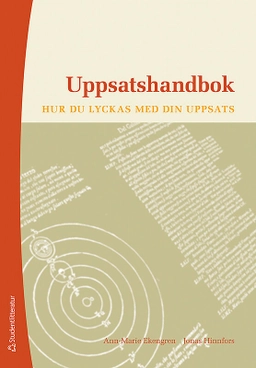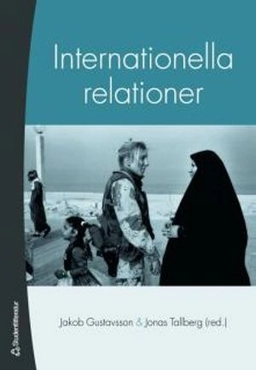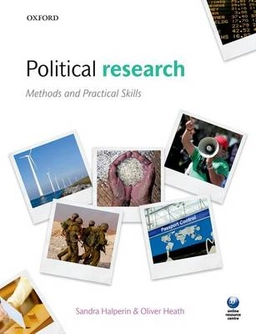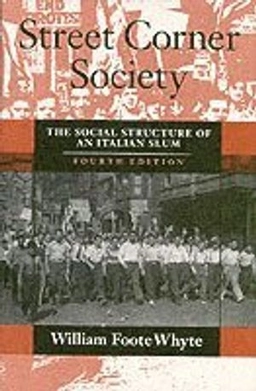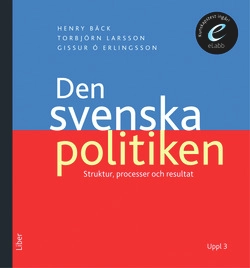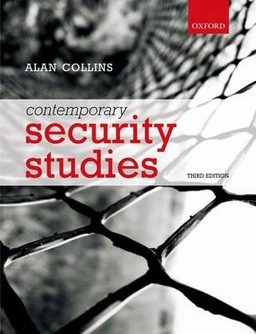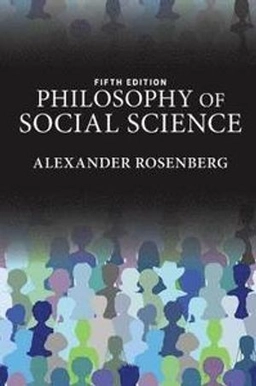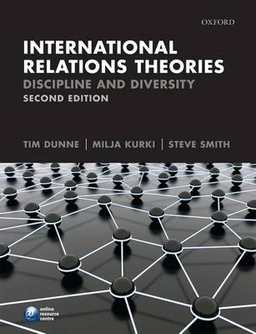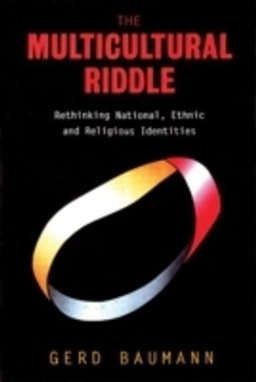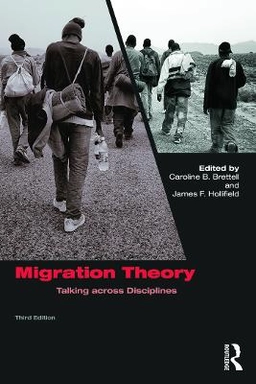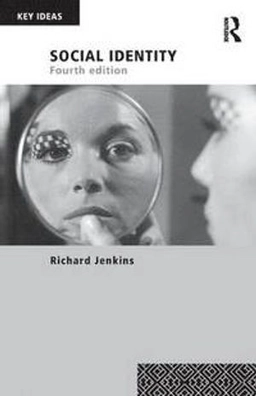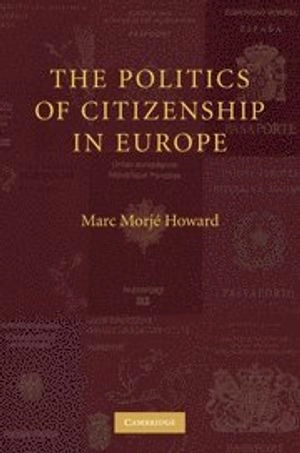

The politics of citizenship in Europe
- Utgiven: 2009
- ISBN: 9780521691277
- Sidor: 258 st
- Förlag: Cambridge University Press
- Format: Häftad
- Språk: Engelska
Om boken
Åtkomstkoder och digitalt tilläggsmaterial garanteras inte med begagnade böcker
Mer om The politics of citizenship in Europe (2009)
2009 släpptes boken The politics of citizenship in Europe skriven av Marc Morjé Howard. Den är skriven på engelska och består av 258 sidor. Förlaget bakom boken är Cambridge University Press.
Köp boken The politics of citizenship in Europe på Studentapan och spara uppåt 35% jämfört med lägsta nypris hos bokhandeln.
Referera till The politics of citizenship in Europe
Harvard
Oxford
APA
Vancouver


